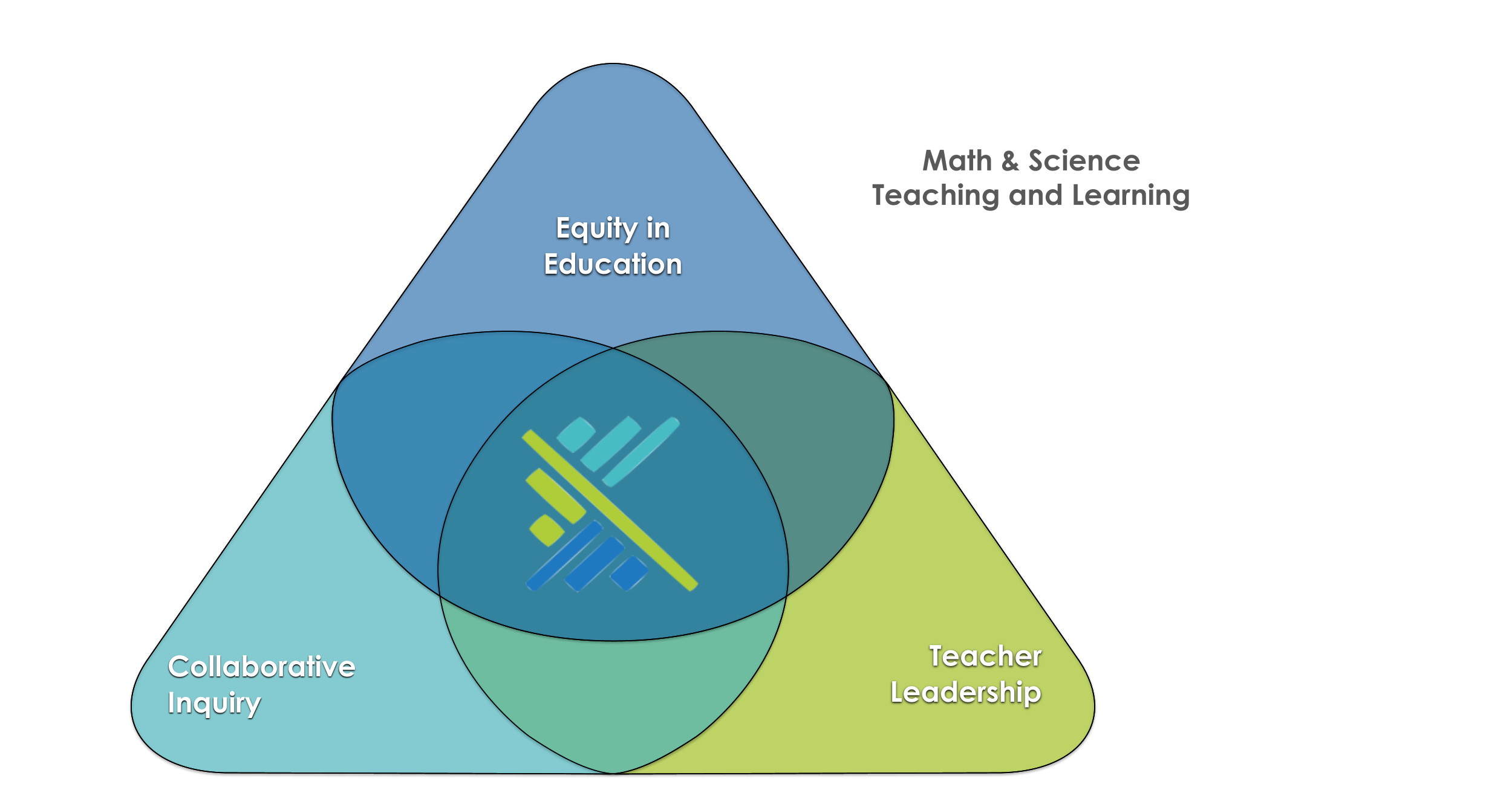Empowering Teachers Through Inquiry: A Journey of Growth and Leadership

In our blog series “Inside the Knowles Fellowship”, each blog highlights a specific year of the Knowles Teaching Fellowship and how Fellows are supported to develop as teacher leaders.
We’ve seen that when teachers study their practice in community with others, they generate powerful knowledge—knowledge that not only uniquely positions them to effect change in their classroom, but can be the foundation of systemic change in their schools and school communities.
At Knowles Teacher Initiative, we believe that teaching is important and intellectually demanding work. Learning to teach well takes time, sustained effort, and support that grows with a teacher’s evolving practice. We’ve seen that when teachers study their practice in community with others, they generate powerful knowledge—knowledge that not only uniquely positions them to effect change in their classroom, but can be the foundation of systemic change in their schools and school communities.
Our work is grounded in the belief that teachers are not just implementers of policy or curriculum. They are leaders – teacher leaders. From their position in the classroom, they have the power to make education more just, more equitable, and more responsive to the needs of all students. Our job is to help them claim and cultivate that power.
This blog series offers a window into how the Knowles Teaching Fellows Program supports early-career STEM teachers in doing exactly that—by engaging them in a multi-year, cohort-based learning experience grounded in inquiry, equity, and leadership development. Throughout the program, Fellows explore essential questions about their practice, engage in equity-focused collaborative inquiry, and grow as teacher leaders within and beyond their classrooms.
Our Unique Approach
We ground everything we do in three core principles: collaborative inquiry, equity, and teacher leadership development.

Inquiry as a Foundation
Inquiry challenges traditional professional development models by positioning teachers as active learners who generate knowledge through intentional, systematic reflection and collaboration. At Knowles, our inquiry process supports teachers as they move from self-discovery to leadership. It begins with reflection—examining one’s teaching practice and identifying key challenges. From there, teachers engage in data collection and analysis to develop actionable insights grounded in shared inquiry questions and areas of focus. These questions span a wide range of teacher development goals, from refining classroom strategies to advocating for systemic change. This iterative process fosters a culture of continuous learning, where teachers are both learners and change-makers.
Equity as a Guiding Principle
At Knowles, the practice of collaborative inquiry is grounded in equity. The questions Fellows pursue often lead them to examine how their practices impact students differently—and to consider who is being served, who is being overlooked, and why. By centering equity, we create spaces where all voices and experiences are valued, and where teachers can meaningfully address disparities in their classrooms, schools, and systems.
We believe teacher leadership is about influence, not titles.
Leadership as a Collective Endeavor
We believe teacher leadership is about influence, not titles. The Knowles Fellowship cultivates teacher leadership by supporting teachers in generating knowledge through structured inquiry cycles, collaborative learning, and critical friendships. Sharing that local knowledge provides Fellows with opportunities to engage in leadership actions like listening closely, asking critical questions, and taking informed action. Through this collaborative work, Fellows develop a deep sense of agency and a clear vision of themselves as leaders—starting in their classrooms and extending far beyond.
What are our support commitments?
Engaging Fellows with the principles requires a cohesive vision for what good teacher support looks like. As teacher educators, we design curricula that nurture and integrate these principles while adapting to the evolving needs of our Fellows. Our support is grounded in a few core commitments:
Scaffolding Inquiry Across Curriculum Years
At the start of the Fellowship, teachers need structure and guidance to formulate inquiry questions and collect meaningful data. As they progress, they build the skills and confidence to analyze their practice more deeply, share knowledge with others, and engage in leadership actions rooted in equity and evidence.
Modeling Inquiry and Equity
As mentors and facilitators, we embody these principles ourselves—reflecting on our own practice, naming our questions, and creating spaces where critique and collaboration are welcomed. By modeling the vulnerability and rigor that inquiry demands, we help Fellows build those same habits in community with one another.
The Transformative Power of Community
One of the most profound takeaways from the Fellowship is the power of doing this work in community. Collaborative inquiry doesn’t just strengthen individual teaching—it builds collective capacity. Fellows support one another, challenge assumptions, and grow together as they navigate the complexity of teaching and leadership.
Exploring the Knowles Fellowship
In our blog series “Inside the Knowles Fellowship”, each blog highlights a specific year of the Knowles Teaching Fellowship and how Fellows are supported to develop as teacher leaders. Knowles Fellows begin by developing the habits of mind that sustain reflective practice—such as curiosity, vulnerability, and shared responsibility. In their second year, they turn their attention to classroom discourse, exploring how power, participation, and task design shape student learning. In the third year, Knowles Fellows deepen their equity lens by examining student status and classroom norms and how they impact access and belonging. In the fourth year, the focus shifts to what they have learned by working alongside veteran teachers. In the last year of the Fellowship, we talk about how we support teachers in sharing the knowledge they have generated about teacher leadership over the course of a year. In our final blog, we share principles for facilitating professional learning for teachers that we use to help our Fellows who have completed the fellowship expand their teacher leadership to professional learning facilitation.
Throughout the series, we share how we support Fellows in engaging with the three core principles of collaborative inquiry, equity in education, and teacher leadership. This series is an invitation to reflect, to question, and to engage. We encourage you to consider how inquiry, equity, and leadership intersect in your work.
Coming up next in the series:
We begin our deep dive into the Fellowship with a look at Year 1, where Fellows lay the foundation for their inquiry journey by developing the Habits of Mind of Collaborative Inquiry. Rather than jumping straight into data collection, Fellows start by reflecting on what it means to adopt a learner stance, explore how identity shapes their interactions, and build the trust and vulnerability needed for meaningful collaboration. These habits—curiosity, agency, openness, and a commitment to equity—form the bedrock of sustainable inquiry and leadership.
